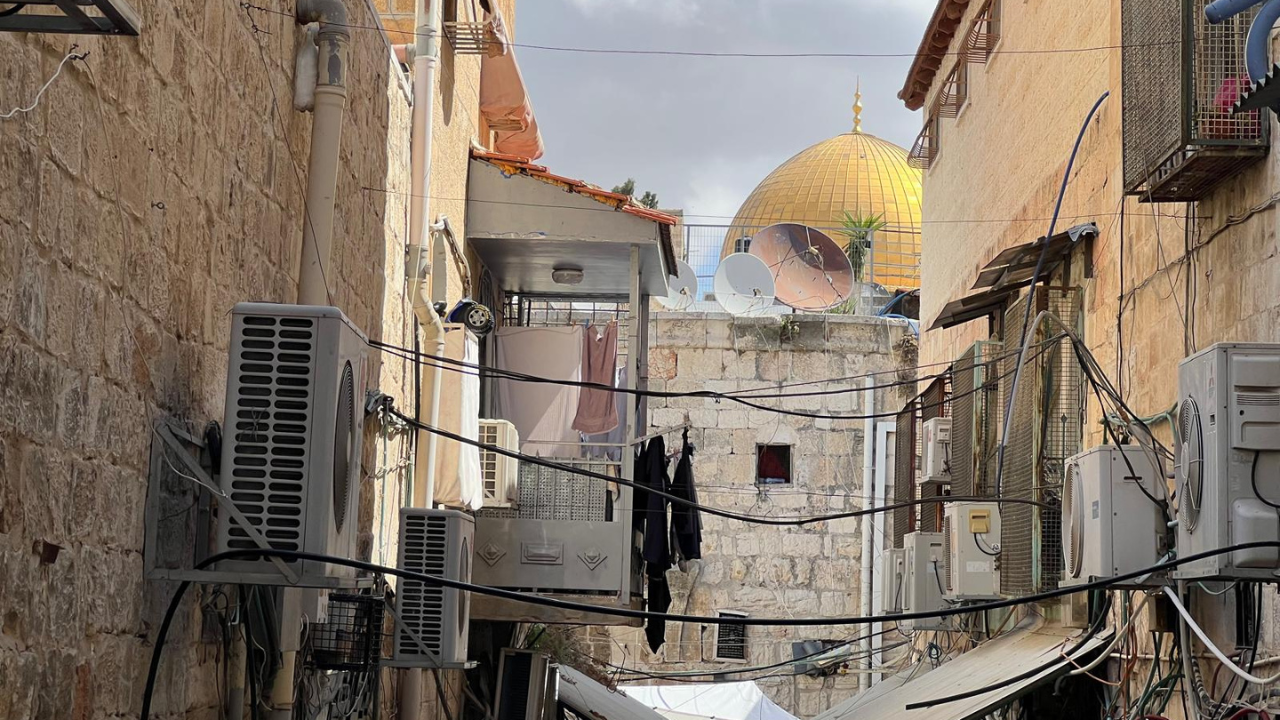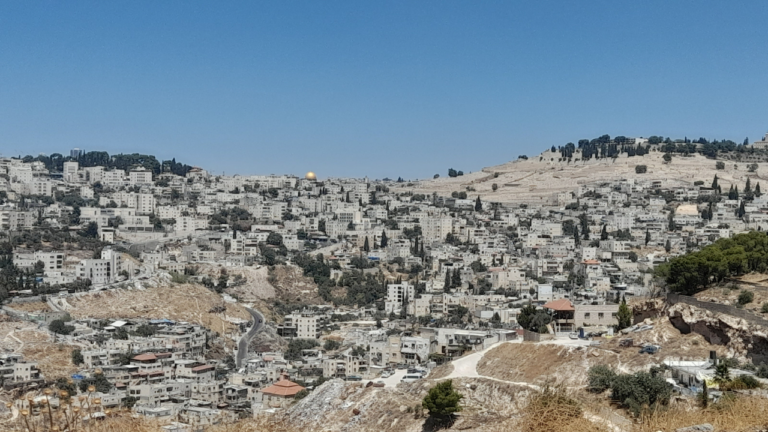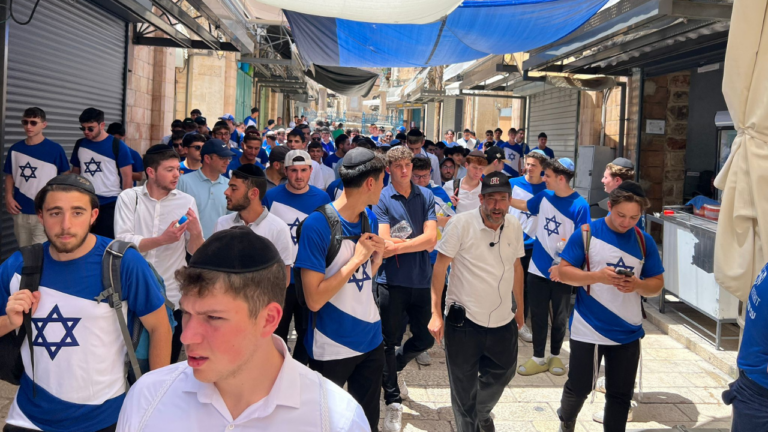Shomer Achi Anochi: The City of Brotherly Responsibility
An obvious and classic question is annually asked on the Shabbat of Parshat Lech Lecha. Hashem speaks to Avraham Avinu, selecting him for the most awesome divine mission that will change the destiny of his progeny forever. He is promised a great nation, fame, and blessing. Not many people in history merited direct communication with the Almighty, and certainly didn’t receive the great promises that Avraham did. But why was Avraham chosen? The Torah gives us no biographical details concerning Avraham that would explain this divine chosen-ness. Yes, Avraham was the preacher of monotheism who sanctified God’s name even as he was threatened by the fiery furnace of Ohr Kasdim. But the Torah conspicuously doesn’t mention any of these stories from his earlier life.
Instead, the Torah and Chazal put emphasis on a different aspect of Avraham’s persona: his willingness to take responsibility for others, and more particularly, his family. At the end of Parshat Noach, Avraham marries his niece, Sarah. As Chazal explain (with proof from Parshat Vayera), Avraham took her as a wife after her father Haran died. This is a very early example of geulat kerovim, where a family member takes responsibility for the household of a deceased relative. (See Rav David Fohrman’s writings for his beautiful and extensive approach on this topic.) In ancient times, family members would step in and marry the daughters or wives of the deceased relative to ensure that they are taken care of. The mitzvah of yibum is an expression of this concept.
Not only does Avraham marry Sarah, but he also takes in his nephew as an adopted son. Avraham’s loyalty to Lot is emphasized throughout our parsha and the next. He refuses to quarrel with him, parts with him on peaceful terms, and ultimately girds himself for battle to redeem him when Lot is taken captive. Avraham literally takes on the four most powerful kings when he hears that Lot has been captured. “וַיִּשְׁמַ֣ע אַבְרָ֔ם כִּ֥י נִשְׁבָּ֖ה אָחִ֑יו,” the Torah emphasizes that Avraham viewed Lot as a brother; despite their moral and spiritual differences, Avraham never abandoned his loyalty to Lot.
Again and again, the Torah puts intense emphasis on Avraham Avinu’s loyalty and dedication to family. His attitude starkly contrasts with other familial relationships that precede him in the Torah. Kayin, after murdering his own brother, exclaims “hashomer achi anochi? Am I my brother’s keeper?” However, there is one righteous individual who also took responsibility for a disgraced family member. In Parshat Noach (9:23), Shem leads the effort to cover his father’s nakedness (see Rashi ibid). Like Avraham, he will not sit idly by when a family member’s honor is on the line.
Perhaps it isn’t a coincidence that Avraham’s willingness to sacrifice and fight for Lot’s redemption is followed by him meeting with Malki Tzedek, King of Shalem. As Chazal explain, Malki Tzedek is in truth Shem the son of Noach, and Shalem is none other than the city of Jerusalem. Distinguished by his insistence on taking responsibility for his brother, Avraham merits his first encounter with the eventual spiritual capital of
his descendants. Lot was far from being a perfect member of Avraham’s family. He was very spiritually distant from his sanctified uncle. Nonetheless, Avraham would never give up on his brother. It is due to this stubborn and persistent loyalty that Shem choses Avraham as his successor in ruling the city of Shalem.
Jerusalem is the city of brotherly unity, כעיר שחוברה לה יחדו, the city that bonds together all of Klal Yisrael (Tehillim 122). Every single Jew, no matter how estranged from spirituality and halacha, was welcome and encouraged to ascend to Jerusalem. ששם עלו שבטים שבטי י-ה, tribal divisions melted away as the Jews would come to Yerushalayim. Our mutual responsibility to each other is what made our initial foothold in Jerusalem. The city’s vibrance depends on our willingness to fight for all our brothers and sisters, even if they are as distant as Lot. Our holy city reminds us that a Jew is always a shomer anochi, and that we cannot rest until every brother and sister is returned home.



